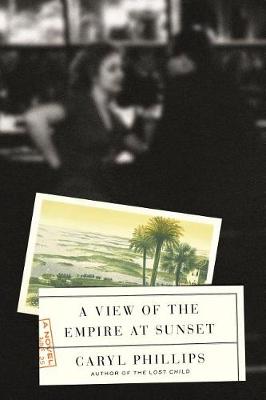
jnkay01
Written on May 23, 2018
... Through Phillips’ eyes, Rhys personifies the fading of the British empire. She is claimed like a resource then discarded when she becomes unpalatable. She lives like an exile in the place she was taught to think of, despite its distance, as home. She becomes something of an embarrassment to the wealthy men whose whims dictate her existence.
It’s curious that Phillips skims over Rhys’ writing career, especially his omission of her affair with the English writer Ford Madox Ford, who encouraged her to adopt the name “Jean Rhys” and might have been the closest thing she had to a champion. But perhaps enough already has been written about that disaster; Rhys, Ford and their spouses all rehashed the affair and its fallout in separate books.
What Phillips does instead is recreate the atmosphere in which Rhys found her voice as a writer: the lush tropical paradise seething with racial tension. The cheap hotel rooms and boarding houses where Rhys always seemed to have enough liquor but not enough to eat. The carriages and restaurant tables where she was filled with longing for indifferent companions. Her Paris of the 1920s was not the “moveable feast” fondly remembered by other writers of her era. ...
